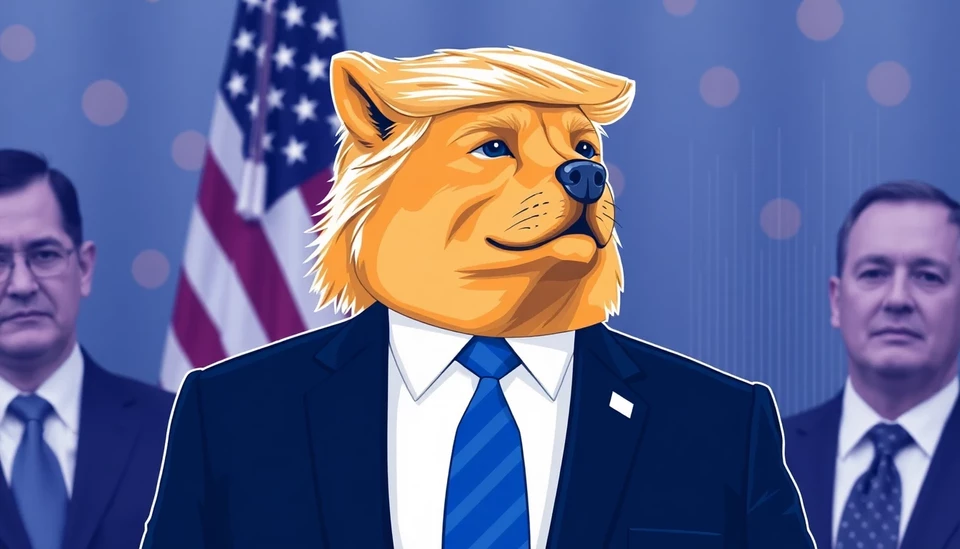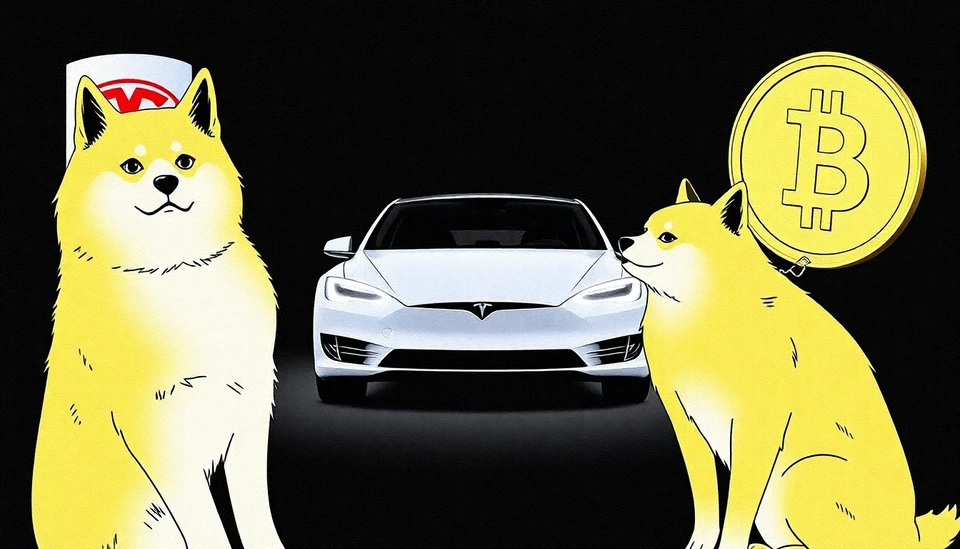
In a surprising twist in the world of digital currency, former President Donald Trump has introduced a new cryptocurrency dubbed "Doge," which has swiftly ignited debate among economists and financial analysts regarding its implications on traditional economic indicators such as the gold standard and the accuracy of economic data.
Unveiling this new initiative in a series of public appearances and social media posts, Trump has positioned the cryptocurrency as a direct challenge to established monetary frameworks, suggesting that Doge could serve as a more transparent and user-friendly alternative to conventional fiat currencies. The former President has voiced a staunch belief that the future of currency lies in digital forms, promoting Doge as a means to liberate individuals from legacy banking systems.
The announcement, however, has raised multiple red flags among experts, who worry that the emergence of a politically-driven cryptocurrency could jeopardize the integrity of economic data. Some economists have pointed out that a lack of regulation and oversight surrounding cryptocurrencies can lead to volatile markets, potentially skewing key indicators that policymakers rely upon to justify economic strategies and decisions.
Critics argue that the promotion of a currency that is largely symbolic and unanchored, much like Dogecoin, could erode the credibility of the gold standard — a financial system historically used to stabilize economies. This raises questions about whether Trump’s affiliation with this newly minted Doge currency will lead to more significant disturbances across not only the cryptocurrency landscape but also traditional economic metrics. Fears are mounting that a growing distrust in established forms of currency could emerge, resulting in economic instability.
The conversation surrounding Doge is not purely academic; it also intersects with political sentiment. Supporters of cryptocurrency frequently advocate for innovation in financial systems and prioritize decentralized economies over those governed by central banks. Nonetheless, this success often hinges on stability, and the unpredictable nature of cryptocurrencies presents a significant concern. Economists are emphasizing the need for a careful approach to integrating such digital currencies into the fabric of established economic frameworks.
In light of these developments, discussions regarding the regulatory environments governing cryptocurrency have resurfaced. Policymakers are now being urged to formulate clear guidelines to mitigate risks associated with traditional economic measures and cryptocurrencies. The introduction of Trump’s Doge highlights a critical moment in both the evolution of digital currencies and the necessity for robust economic oversight.
As the landscape of money continues to evolve, analysts are watching closely to see how the introduction of politically associated digital currencies, like Trump’s Doge, will influence public perception of economic data credibility and the broader implications for financial stability.
With increasing stakeholders involved in the cryptocurrency arena, including politicians and influencers, the future will likely hold more twists and turns, keeping economists and investors on alert.
In conclusion, while Donald Trump’s venture into the cryptocurrency space with Doge has garnered attention and interest, it has equally provoked serious concerns regarding the reliability of economic data and the overall health of financial systems. The debate surrounding this new digital currency underscores the growing intersection of politics and economics in an incredibly fast-paced digital age.
#Doge #Trump #Cryptocurrency #GoldStandard #Economics #FinancialStability #DigitalCurrency #EconomicData
Author: Laura Mitchell




